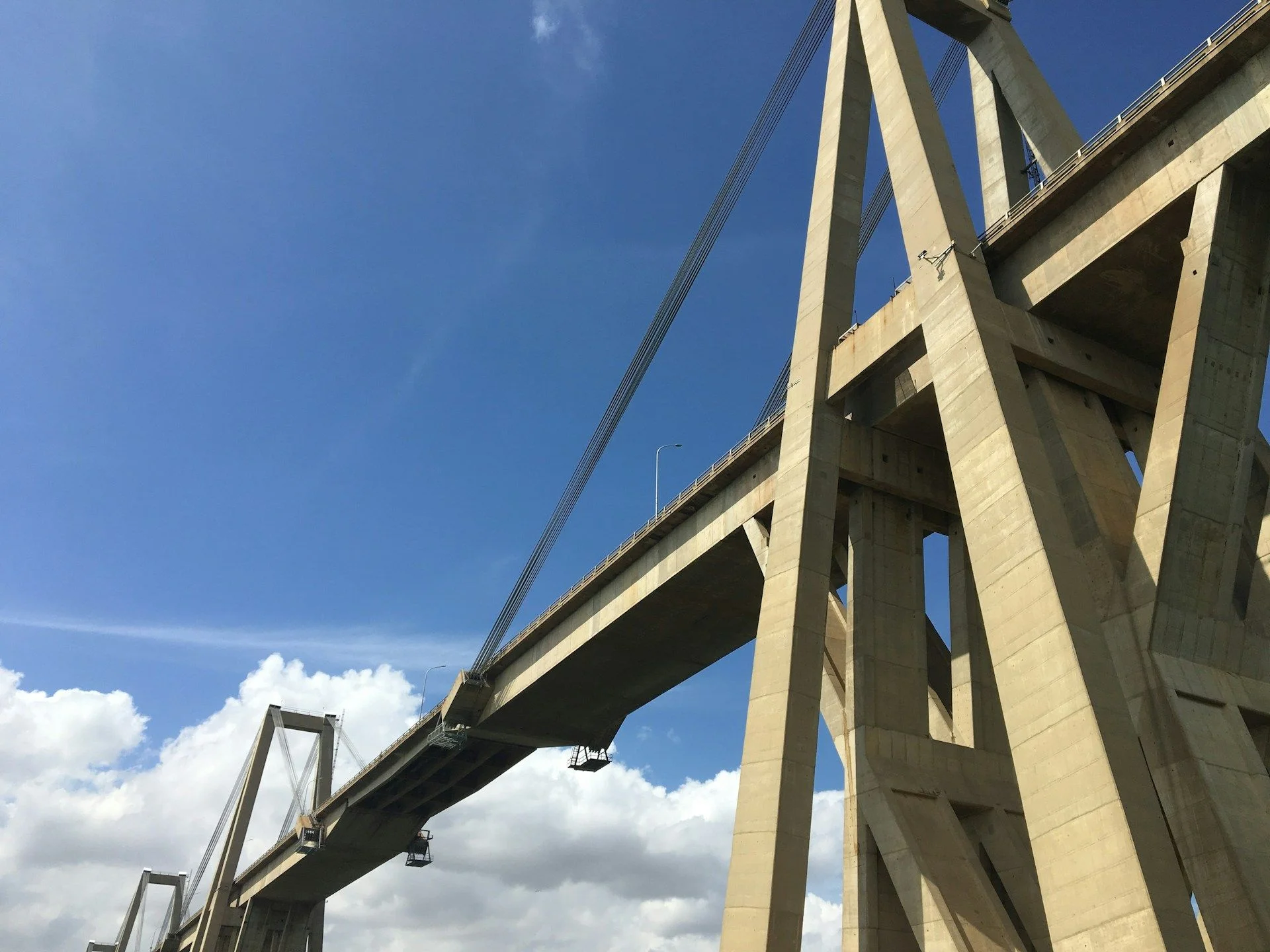Maracaibo Investment Real Estate – Opportunities for BuyersResidential zones nearwaterfront and markets

Best offers
in Maracaibo
Benefits of investment in
Venezuela real estate
Large properties at extremely low prices
Current prices allow buyers to acquire spacious homes or land at a fraction of regional costs.
Coastal homes with Caribbean views and sun
The northern coast offers warm-water beaches, ocean views, and year-round sunlight at accessible prices.
Potential value recovery in future market shift
If stability returns, early buyers may benefit from appreciation in strategic zones like Caracas and Valencia.
Large properties at extremely low prices
Current prices allow buyers to acquire spacious homes or land at a fraction of regional costs.
Coastal homes with Caribbean views and sun
The northern coast offers warm-water beaches, ocean views, and year-round sunlight at accessible prices.
Potential value recovery in future market shift
If stability returns, early buyers may benefit from appreciation in strategic zones like Caracas and Valencia.

Useful articles
and recommendations from experts
Real Estate in Maracaibo, Venezuela
Why Invest in Property in Maracaibo
Maracaibo, the second-largest city in Venezuela and capital of Zulia State, has long been an economic engine due to its oil reserves, commercial activity, and proximity to Lake Maracaibo. Despite national economic instability, the city maintains a diverse real estate landscape and a core of local demand. Investors seeking long-term upside or local rental yields may find Maracaibo’s property market both accessible and strategically positioned in Venezuela’s western region.
Types of Properties in Maracaibo
The city offers a mix of property types:
- Residential houses — Common in areas like La Lago, El Paraíso, and La Trinidad, catering to middle and upper-class families.
- Apartments and condos — Especially in urban districts like Tierra Negra, 5 de Julio, and Cecilio Acosta.
- Commercial premises — Available along main corridors such as Avenida Bella Vista and Avenida Delicias.
- Industrial warehouses — Located near port zones and on the outskirts, used by logistics and oil-related firms.
- Vacant land — Still available for development in peripheral neighborhoods.
Can Foreigners Buy Property in Maracaibo?
Yes, Venezuela permits foreign nationals to own real estate, including in Maracaibo:
- Foreigners can own land and buildings with full property rights.
- No additional legal restrictions exist specifically for non-citizens.
- All transactions must be recorded at a public notary and then in the Land Registry (Registro Subalterno).
- Most purchases are made in USD, given the country’s currency volatility.
Prices and Market Dynamics
Maracaibo’s property values are among the lowest in South America when measured in USD:
- 2-bedroom apartment (central): USD 15,000 – 30,000
- 3-bedroom house (La Lago, secure area): USD 35,000 – 60,000
- Commercial retail unit: USD 25,000 – 50,000 depending on location
- Warehouse or industrial property: USD 60,000 – 150,000
- Land plot (urban fringe): USD 8 – 20 per m²
Rental Market Overview
The rental sector operates largely in foreign currency and relies on informal agreements:
- Long-term rentals — Often secured by oil workers, teachers, or NGO personnel with hard currency income.
- Short-term or furnished rentals — Less common, but growing near the city center and hospitals.
- Commercial leases — Typically priced in USD or indexed to the unofficial exchange rate.
- Apartment (2-bedroom): USD 200 – 400/month
- House (3-bedroom): USD 350 – 600/month
- Office or commercial: USD 400 – 1,000/month
Top Neighborhoods for Investment
Key zones with real estate potential in Maracaibo:
- La Lago — Central, secure, and attractive for professionals and families.
- Tierra Negra — Offers mixed-use properties and close access to commercial hubs.
- El Milagro — Popular for oceanfront views and long-term value potential.
- Cecilio Acosta — A working-class area with consistent residential demand.
- Belloso and Delicias — Suited for small commercial ventures and mixed-use opportunities.
How to Purchase Real Estate
The process to buy real estate in Maracaibo is standardized:
- Select a property through local agents, private listings, or personal networks.
- Sign a reservation contract and verify documentation (title, property tax, cadastre).
- Draft and sign a Purchase-Sale Agreement before a public notary.
- Record the sale at the local Land Registry and municipal tax office (Alcaldía).
- Handle all payments in USD or bolívares at market rate through agreed channels.
Taxes and Maintenance Costs
Owning property in Maracaibo comes with modest expenses:
- Annual property tax — Generally 0.1% to 0.3% of the estimated cadastral value.
- Transfer tax and notary fees — Totaling about 2% – 4% of sale value.
- Community fees — In gated areas or apartment buildings, USD 20 – 50/month.
- Utilities — Heavily subsidized, but service interruptions are common.
Who Should Invest in Maracaibo
This city appeals to:
- Venezuelan expats returning or investing for family use or retirement.
- Buy-to-let investors targeting stable USD-based rental agreements in established districts.
- Entrepreneurs seeking affordable commercial spaces in under-served areas.
- Speculative investors betting on eventual economic stabilization and urban redevelopment.
Conclusion
Maracaibo presents a mixed picture for real estate buyers. While the macroeconomic environment remains complex, property in Maracaibo offers some of the lowest entry points in Latin America. For those with local knowledge, legal support, and long-term vision, the city provides opportunities in residential, commercial, and industrial segments. As Venezuela continues to navigate reform and partial recovery, real estate in cities like Maracaibo could become part of a larger rebound story in the region.
